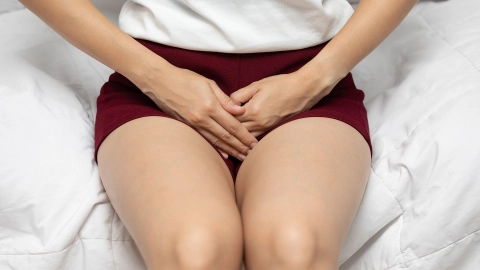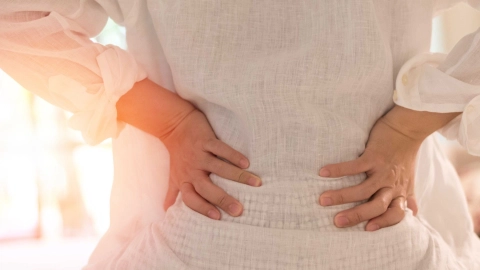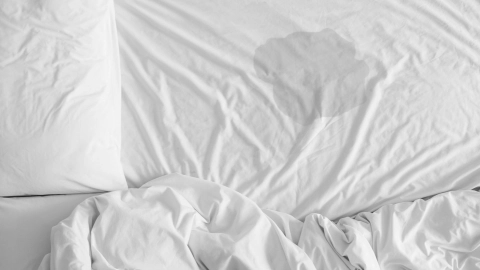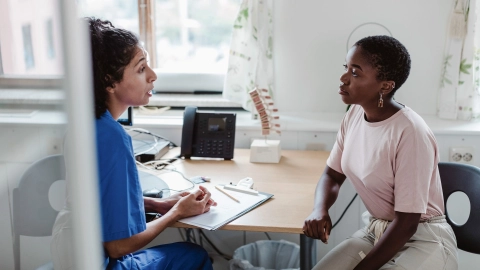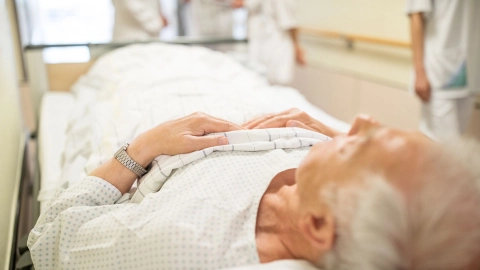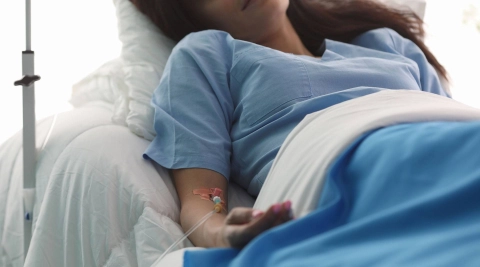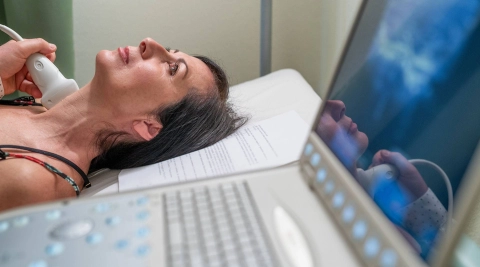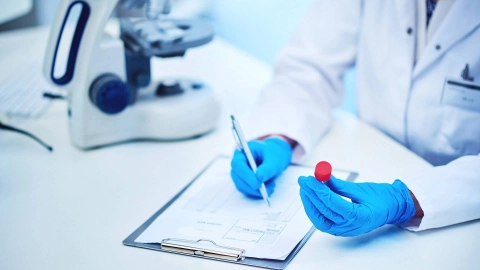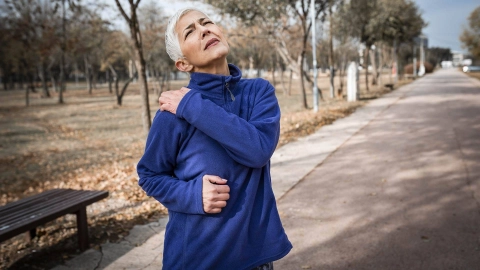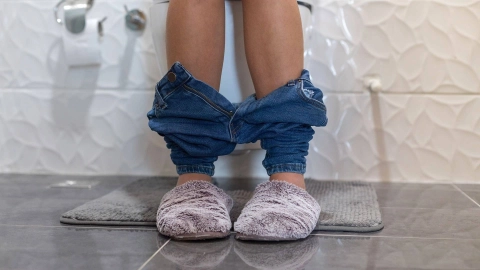Chronic kidney disease typically develops in older people. The condition often goes unnoticed because a decrease in renal function does not initially cause any symptoms.
Find out more
Women are most likely to get urinary tract infections. Cystitis is a bacterial infection of the bladder that can usually be treated effectively. A burning pain when passing urine is typical.
Find out more
Kidney stones form as small, solid deposits in the renal pelvis. They often occur in people aged between 40 and 60. Larger stones can cause pain.
Find out more
Bedwetting in children is more common than people realize and usually goes away on its own. As long as it lasts, there are several ways to improve the situation.
Find out more
Women may experience weakening of the connective tissue in the pelvic floor for a variety of reasons. As a result, the uterus, urinary bladder, or rectum can sag.
Find out more
Most infections with the EHEC bacteria come from contaminated food or traces of animal feces. EHEC can cause watery and bloody diarrhea and in some cases acute kidney failure.
Find out more
Kidney cancer is one of the less common types of cancer. Around 15,000 people get kidney cancer every year in Germany.
Find out more
Hantaviruses cause a flu-like illness with fever. The kidneys are often also affected. Rodents such as rats and mice and their excretions are carriers of the virus.
Find out more
In Germany, almost 31,000 people are newly diagnosed with bladder cancer every year. The treatment given and how the disease develops vary depending on how far the cancer has spread.
Find out more
With acute kidney injury, the kidneys either have limited function or lose function entirely. There are many possible reasons for this.
Find out more
Overactive parathyroid glands can cause bone degradation, kidney stones and cognitive impairments. This hormone disorder can often be cured with surgery.
Find out more
Acidosis is a condition in which the body’s pH balance is disrupted. As a result, the pH value of the blood drops and becomes “acidic”. This acidity is usually due to an underlying illness.
Find out more
Rhabdomyolysis is a breakdown of muscle fibers that can be triggered by several causes. Severe cases need to be treated quickly.
Find out more
Diabetes insipidus causes excessive urination and increased thirst. It is caused by a hormone that is missing or ineffective.
Find out more
Prostate stones are common in men from middle-age onwards, but they are usually harmless. If they cause pain or problems when urinating, they can be treated.
Find out more





